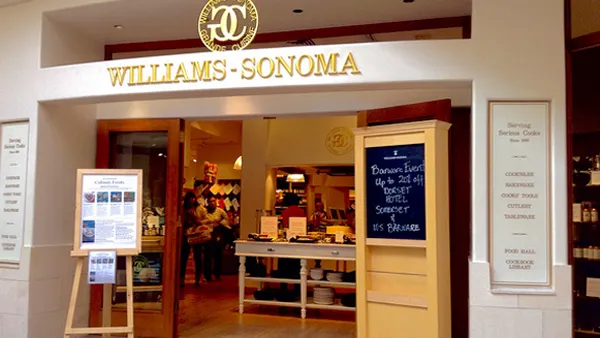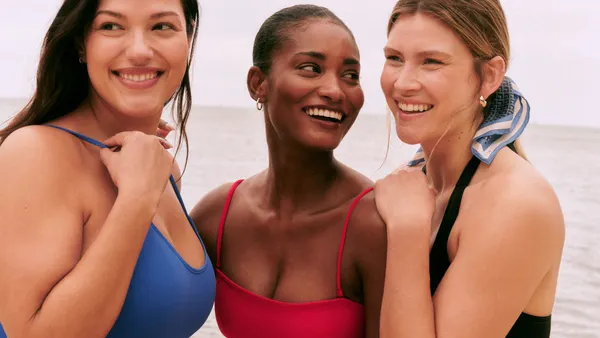Dive Brief:
-
Retailers like Spain’s Mango and DKNY are increasingly catering to fashionable Muslim girls and women, with collections released ahead of the holy month of Ramadan. Muslims in the U.S. tend to be young, educated, and upwardly mobile — a.k.a. a retailer’s dream.
-
As U.S. involvement in the Middle East has accelerated in the past 14 years since 9/11, and as the country's Muslim population has grown — Islam is destined to become America’s number two religion by 2050 — retailers and designers are increasingly paying attention to this demographic.
-
Meanwhile, modest swimwear developed by Orthodox Jewish women is catching on with some women who aren't religious, but like the style and the extra cover-up.
Dive Insight:
As apparel retailers struggle to find ways to lift sagging sales, it could behoove them to pay attention to their promising niches. That includes plus-sizes, which can be a lucrative market segment that is often nevertheless neglected by retailers.
Muslim women and girls are also a growing niche, with many interested in fashion but requiring a more modest look than is often available.
The styles favored by many observant women can have a spillover effect as well. Modest swimwear, like that designed by observant Orthodox Jewish women, is catching on among some women who aren’t interested in the garb for religious reasons, but, rather, just prefer the look or the opportunity to cover up. Similarly, maxi skirts favored by many Muslim and Jewish women are being snapped up by many others this season. It can be an antidote to the kind of daring and often revealing fashion that easily gets attention, as when Jennifer Lopez refused to "dress her age" on her recent 46th birthday.
The marketing of fashion ahead of Ramadan carries the danger of overly exploiting a holy time, worries Fareeha Molvi, writing for Racked. It's a worry to similar to that regarding the real meaning of Christmas and shopping on Thanskgiving Day. But catering to this segment in general could be an opportunity.














